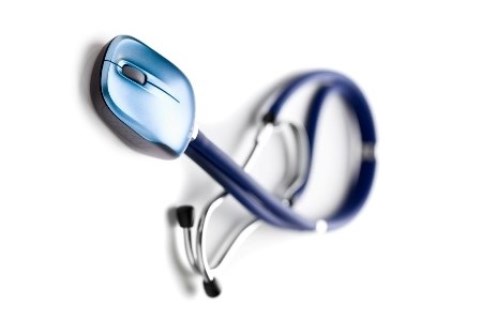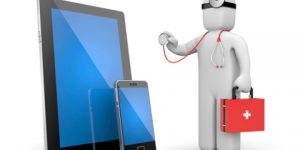
By ICTpost Healthcare Bureau
Much of the health care spending in India, and in the rest of the world, is on expensive and ineffective forms of treatment. One third of the household expenditure in India is on medicines. Most poor Indians spend more on minor ailments than on diseases of a serious nature. Hospitals are an extremely expensive way of spending money on health care. Telemedicine procedures targeted towards patient monitoring hold particular promise for improving patients’ health by curbing unnecessary hospitalizations particularly for elderly people. These solutions are making significant inroads to reverse high health care expenditures and reduce noncompliance with prescription therapies issues that especially impact those living with chronic disease.
Use of telepathology and teleradiology. Remote analysis services, like telepathology and teleradiology, can contribute to lower cost and higher quality care. Telepathology has been successfully used for many applications, including the rendering of histopathology tissue diagnoses at a distance. Use of these remote services enables low-volume providers to have around the clock coverage at a lower cost.
Remote monitoring technologies. The face of medical care is rapidly changing, and for healthcare providers, achieving profitability now depends on managing costs as opposed to the insurance-driven-cost-pass-through model of days past. Remote monitoring technologies are enabling patients to be monitored on an ambulatory basis when they previously may have needed to be monitored as inpatients. ?Unnecessary? hospital visits are the highest manageable costs faced by healthcare providers, and providers are very motivated to implement wireless patient monitoring. Although the benefits have been clear, widespread eHealth deployments have been stalled due to three hurdles: lack of connectivity standards, interoperability issues and the availability of wireless monitoring devices.
mHealth monitoring. The use of mHealth monitoring technologies reduces the cost of complications due to chronic disease. For instance, an increase in body weight due to fluid retention is often a sign that someone may soon need to be hospitalized due to heart failure. Disease managers with access to daily weight information may be able to help a person experiencing fluid retention get the care they need before a crisis occurs. Averting crises both improves the quality of care and lowers costs.
Telemedicine appointments. By offering telemedicine appointments, providers can reduce the amount of their unused capacity that goes to waste. Many services allow providers to start or stop accepting patients based upon their current availability. As this capacity would otherwise not produce any revenue, providers are able to provide remote patient visits at a rate that is lower than the one they normally offer. This in turn reduces system costs by enabling patients to receive care at a lower price point.editor@ictpost.com







